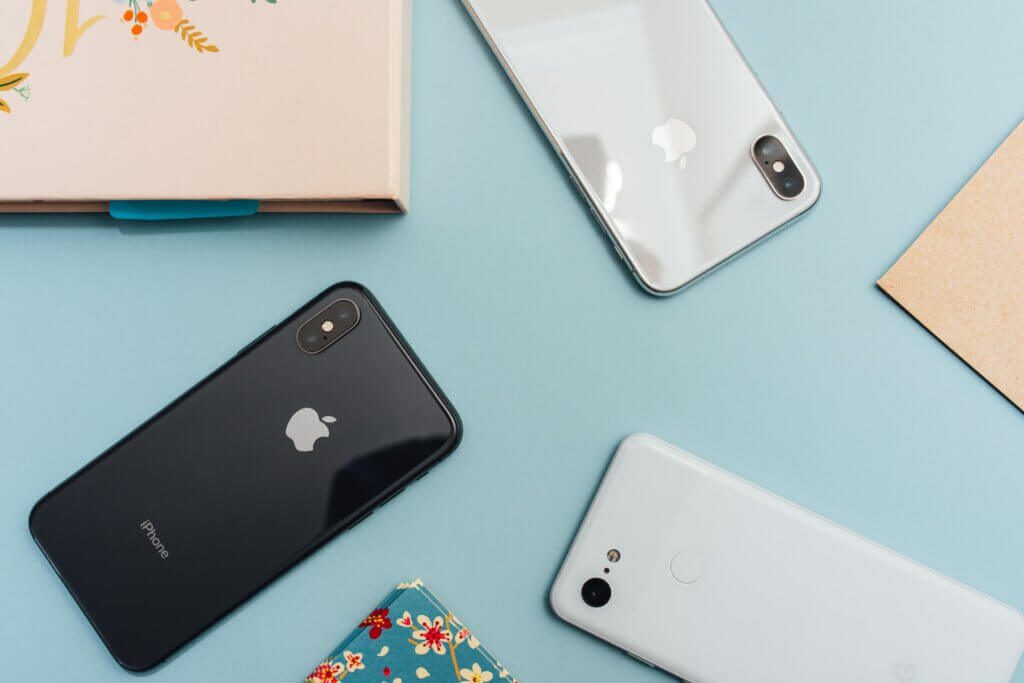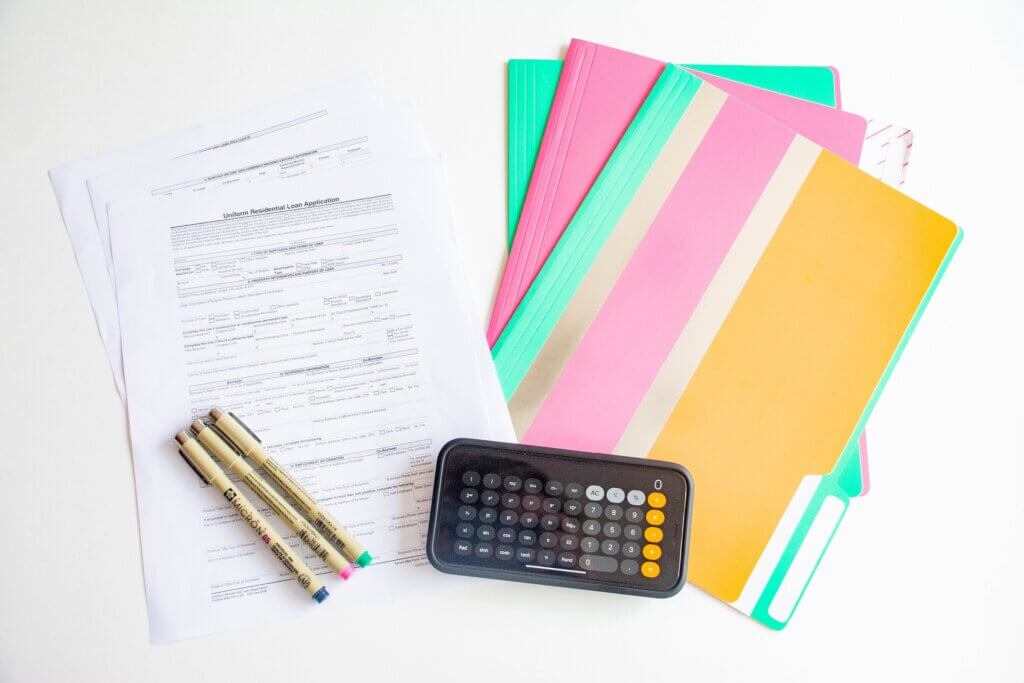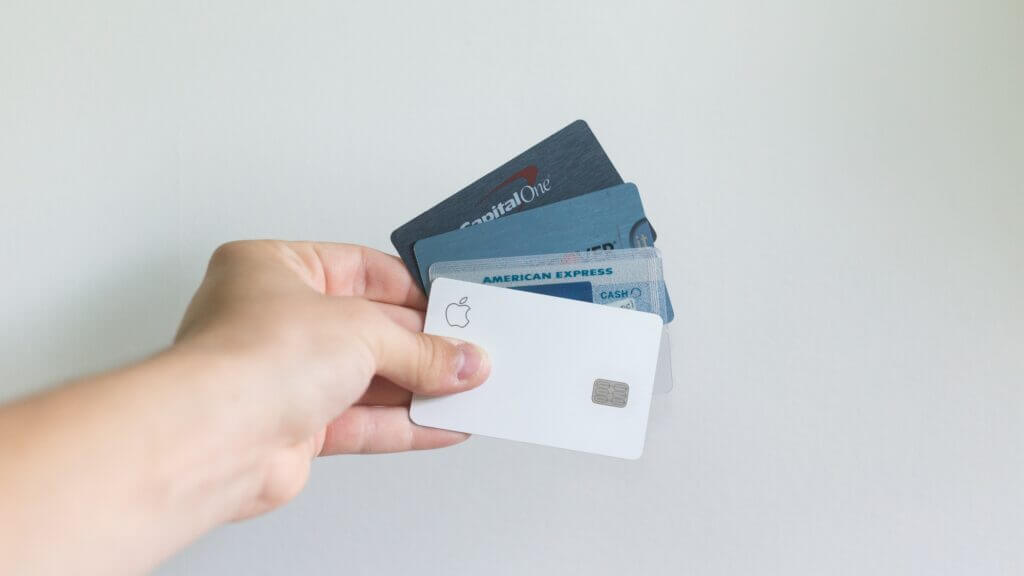Chances are you've thought about buying a mobile phone to help you stay healthy and connected if you're a senior living at home. Or maybe you already own one and plan to optimise its settings to suit your particular requirements. Either way, it ‘s important to do your homework when choosing a mobile phone for yourself or your baby boomer parent.
It starts with identifying exactly what you need on a phone to find the right product. Do you need texts that are extra large? A perfect video camera for talking with your grandchildren? To help you handle your smart gadgets, a smartphone? A simple phone which is for emergency calls only? The first step in choosing the right phone and the right plan is to make these choices.
An Increasing Trend
When it comes to tech use, though younger generations still outnumber their older peers, seniors get on the digital bandwagon easily. A recent Pew Research Center study found that about 85 percent own a mobile phone among seniors aged 65 and above. 46 percent of those seniors used a smartphone and 40 percent used a standard mobile phone.
Such figures suggest that seniors are increasingly adopting digital life. Knowing that this technology is used by their peers might enable more unwilling seniors to also consider adding a mobile phone to their lifestyle, especially if they live alone but want to keep in touch as well.
Why is there a need for a mobile phone?
We use our smartphones for nearly anything these days, but it is helpful to narrow down your primary objective when selecting a new handset. You will help select a model and a voice and data plan by finding out what you're going to use your phone for. For seniors, here are a few common uses:
- Make phone calls for emergencies
- Chatting with grandchildren on camera
- Smart system access, such as your smart thermostat or smart lock
- Texting to mates
- To help navigate while driving or walking, using GPS
- On the go, checking the weather
- Watching the date and time
- Health tracking by applications
- Surfing the internet
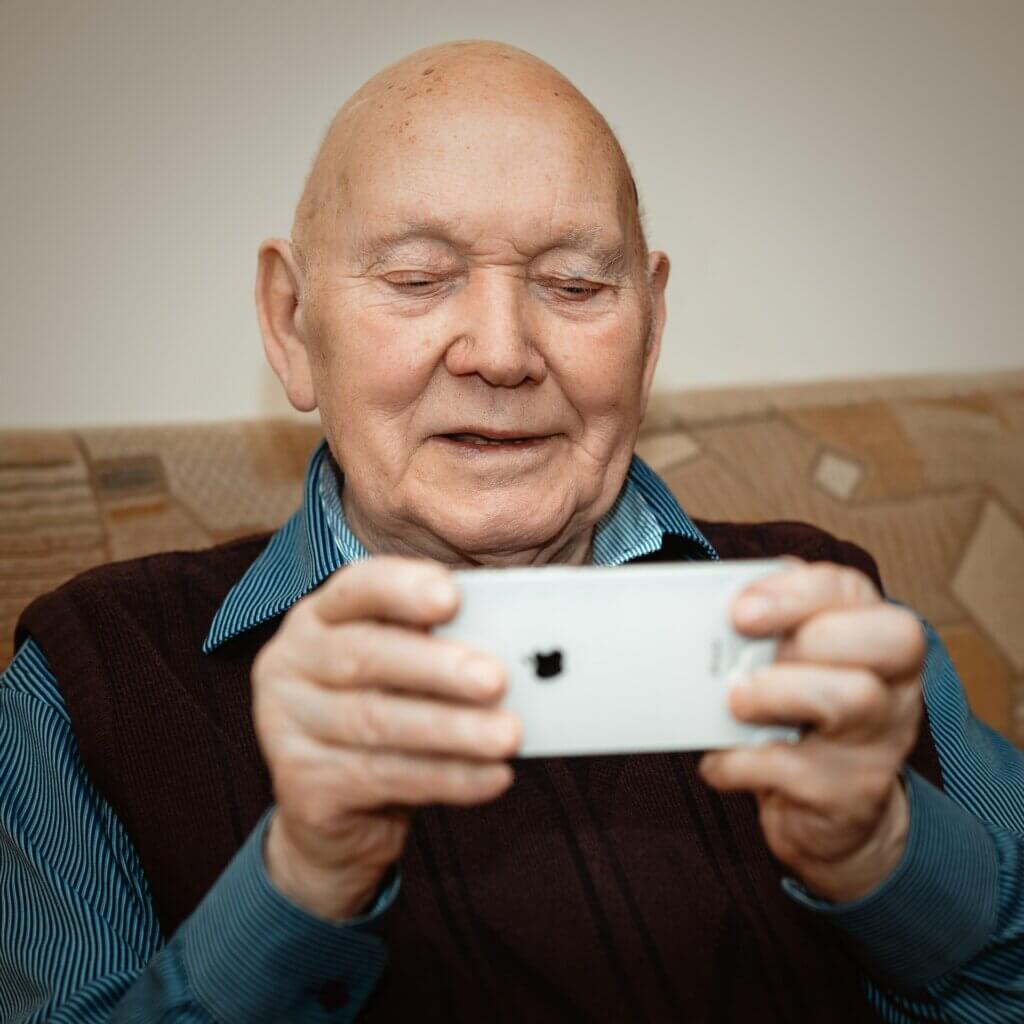
Options on mobile phones
You will start narrowing down your options until you know what you'll use your mobile phone for. To get you started, here are a few categories of mobile phones.
Flip Phones
For baby boomers, these basic phones flip open to show a keyboard and screen, which makes them convenient and easy to use. If you feel overwhelmed by too many characteristics and prefer to keep it simple, consider this phone. Just remember that while you're travelling, these phones won't allow you to video chat, use the internet or help navigate. Then again, maybe this is exactly what you're looking for.
Candybar, Or Block Phones
These block-like phones, named for their chunky rectangular construction, do not require any flipping, which may be beneficial for older adults with arthritic wrists or other problems with dexterity. The keypad, along with a non-touch screen, is placed right on the face of the handset. These bar phones usually do not come fitted with internet access, like flip phones, so choose this option if you want to use your phone for calls and messaging only.
Smartphones
Today, these more complicated phones constitute the largest mobile phone group. They offer countless options for entertainment and realistic applications through apps and internet connectivity. You can buy, control your stocks, edit pictures, follow your daily steps, read the news, play games, and more. This may be a perfect option for tech-savvy seniors who enjoy learning new skills and keeping up to date. Smartphones may also assist seniors around the house handle their IoT, (Internet of Things) or smart devices. Before choosing this type of phone, just make sure you're comfortable using a touchscreen.
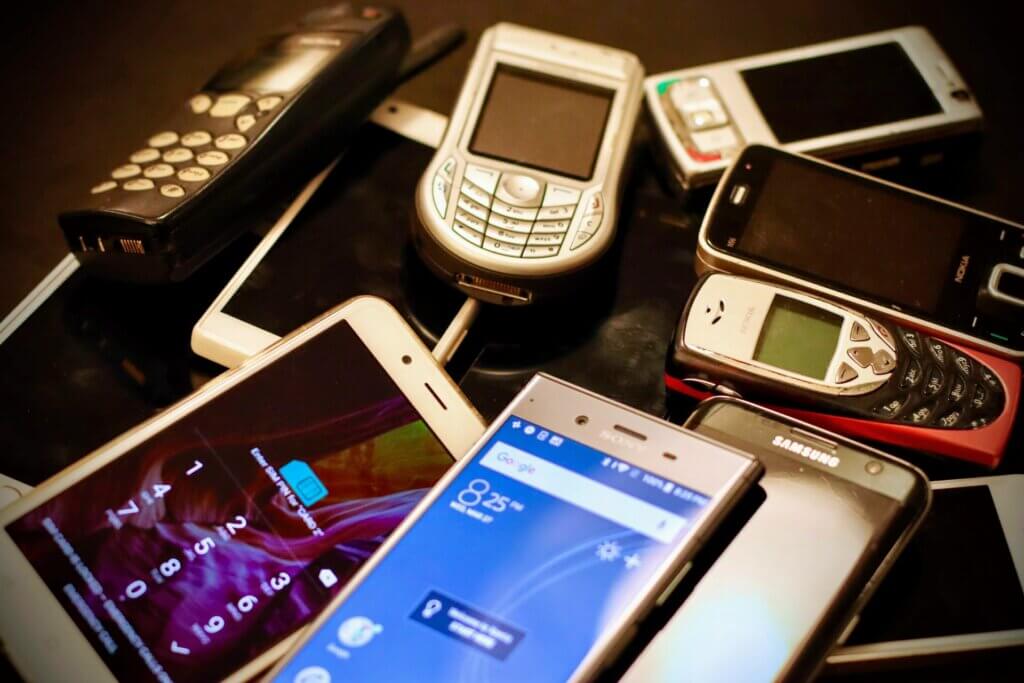
Potential benefits of using a handset
Smart Devices
They can find it helpful to instal smart devices around their home if you or the older person you care for lives alone. If they do so, for the management of these IoT goods, a smartphone is crucial. Typically, these are controlled through specialised applications that can be accessed by the owner via their phone. You can switch on your lights, your thermostat, or even your radio directly from your smartphone by downloading these smart devices.
Thanks to sports, audiobooks, and social media accessible right on their phones, smartphones will help protect seniors living alone from boredom. Audiobooks and podcasts can assist seniors whose eyesight makes reading from physical books and magazines difficult for them. There are also several free game applications available that can allow them to be challenged and amused. Lastly, through applications like Facebook or Instagram, baby boomers may use social media to communicate with family and old friends.
Greater Sharing Capacity
Seniors who use smartphones can feel more linked because pictures and videos from loved ones can be easily sent and received by them. For baby boomers who live far away from their friends and grandchildren, this can be particularly beneficial. Smartphones also allow video messaging, which can help seniors remain close, even from afar, to their families.
Practical Apps
Smartphones can provide entertainment for hours, but they can also make life simpler and more productive. Seniors may use applications to help them recall where they were parking, ensure that, among other things, they take their medication on time, connect with their doctor, and receive extreme weather warnings. And when they are at home by themselves, these apps help seniors live confidently and independently.
Stimulation
Brain-training applications that can enhance memory and critical thought can be used by seniors looking to sharpen their thought. Such apps will help seniors delay the process of ageing and remain mentally new.
Virtual Assistants
With a virtual assistant, iPhones and most Androids come packed. “These personal assistants answer voice commands and questions such as” Call Jenny, “or” How many feet are in a mile? These could be especially helpful for seniors, as they remove the need to type full sentences on the keyboard and can help you navigate the new phone.
With Siri, the Apple virtual assistant, iPhones come packed, while Android users can select from a variety of apps that perform similar tasks.
Electronic Tracking
If you appear to misplace the case or keys for your glasses, you can find it useful to buy electronic tracking tiles. You can apply these to the things that you seem to lose the most and then monitor them with your phone, like that annoying remote control. Switch on the alarm from your phone, and a beeping noise will be made by the tile you've added, leading you to the misplaced item.
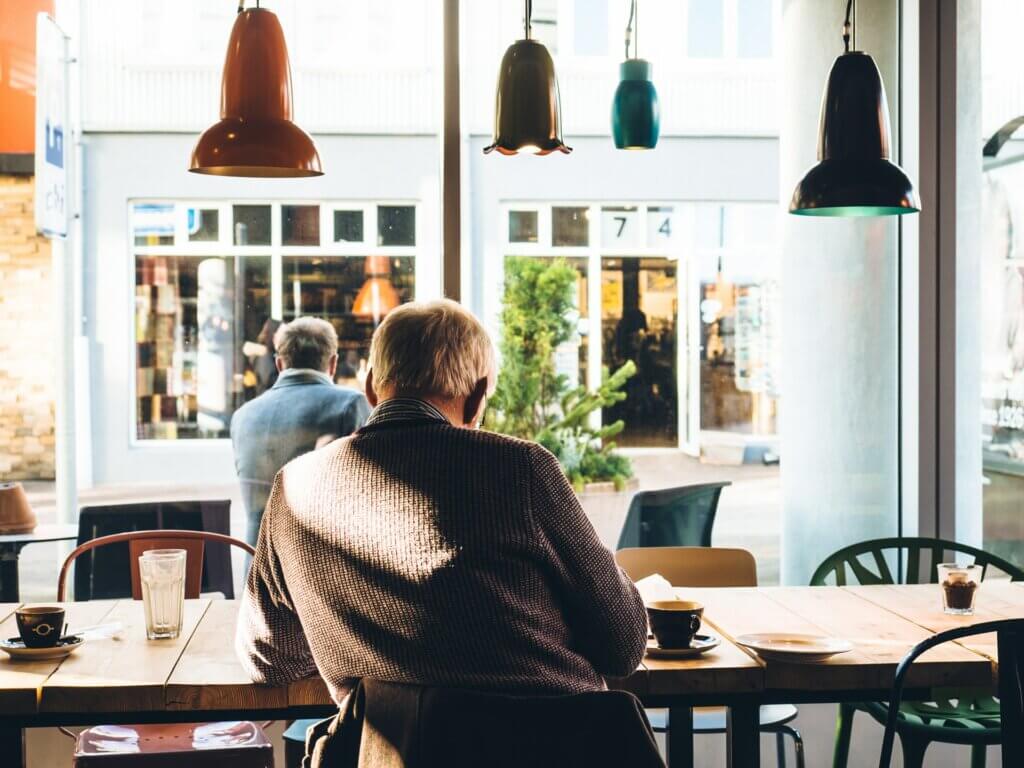
Potential Mobile Ownership Disadvantages
Learning Curve
It can be hard or challenging for seniors who struggle with technical abilities to learn an entirely new set of abilities at their age. Or others may simply not be able to spend time familiarising themselves with a complex new computer. For these baby boomers, only skipping the smartphone and opting for a simple phone might be safer.
Too Many Options
For baby boomers who just want to use a few features on their devices, it can feel daunting to have hundreds on choices. The most simple functions, such as calling or finding the date and time, can be more difficult to locate and use with these additional apps.
Expense
Even the most simple smartphone will cost you at least a hundred dollars, with the thousand-dollar price point being almost hit by some of the top-of-the-line models. This means that if you intend on using many of the features, it will only be worth the money. In addition, certain mobile phone companies lock clients into a long-term contract, so for at least a year or more, you'll pay a monthly fee. A mobile plan would also demand that, in addition to basic calls and texts, you pay for data or the internet that is used to host your applications, making it more costly than a basic phone plan.
Potential For Theft
Unfortunately, because these devices are in such high demand, a brand new smartphone will make you more vulnerable to theft. Instead, consider buying a flip or bar phone if the idea of being continuously vigilant against criminals sounds too worrying. Far less likely to be targeted by criminals are these cheaper units.
Accidental Spending
You will be faced with several ways to spend money on applications and online shopping, in addition to the price of the phone itself. If you opt for a smartphone, make sure that when installing software, you are vigilant. Some are free to download, but give sly in-app purchases that can make you spend more, often without even realising it, when using the app.
Difficult to set up
It can be more difficult to set up smartphones than simple phones. For this purpose, asking a friend or family member to help you set up your phone or asking a store representative to assist you before you leave the store might be helpful. Make sure you ask the tech to help you move your data and contacts to the new computer if you are trading in an older phone for a new one.
With Siri, the Apple virtual assistant, iPhones come packed, while Android users can select from a variety of apps that perform similar tasks.
Androids vs. iPhones
Your first job will be to choose between an iPhone and an Android if you plan to purchase a smartphone. Ask any phone owner, and on this topic, they will have a strong opinion. The main differences between these phones are here.
iPhones
Apple makes these machines, and they run a special operating system called iOS. Some critics say that it is more intuitive to use iPhones than androids, but it really depends on the client. At your nearest electronics shop, try all kinds of phones and find out which one you prefer. iPhones tend to be more safe than Androids, but they're going to cost you more than most Androids.
Androids
These devices have Android operating systems running on them. There are hundreds of Android devices, although Apple only offers one form of phone, the iPhone. These machines, from $100 to $1,000 or more, run the price gamut. These devices are preferred by some users because they are more flexible, but other clients feel frustrated by all the various choices they offer. Only remember that there will not be any Apple applications running on these tablets. So, if your grandchildren use Facetime, an iPhone app, since you still have an iPhone, you would not be able to communicate with them on this app. If you chat regularly with members of your family, consult with your loved ones to see what kind of product they use before purchasing your own.
Locked or Unlocked?
You can hear people speak about “locked” or “unlocked” phones. These words only apply to whether the phone is connected to one network or not. For example, it will only work with that carrier if you purchase a phone from AT&T. You won't be able to turn and use another network with sim cards.
An unlocked machine, on the other hand, is a free agent. That is, with any network you choose, you can use it. If you prefer to buy used, unlocked phones can be purchased via Amazon, or through ebay or Craigslist. Thanks to the independence and versatility it offers, you'll usually pay more for an unlocked unit.

Choosing a Plan
Pay As You Go
The title says it all for these phone plans. You're never going to be bound to a contract, but just pay for the phone when you use it. With a certain number of minutes and texts included, some plans offer cheap monthly rates. For each day that you use your cell, some policies charge you a flat rate yet have unlimited minutes and texts.
Flexible Plans
For each month, these plans charge you a base rate, but this rate just includes having the phone in operation. The monthly rate will be added to any minutes, info, or text that you use. Most of these plans charge by levels; for whatever level of use you achieve per month, you will pay. For seniors who differ from month to month in their mobile phone use, this may be a good option.
Unlimited Plans
These plans are a good choice for seniors intending to use software, video, games , video chat, etc. Without thinking about paying a big fee at the end of the month, these plans allow you to use as much data as you want. The limitless universe, however, may be a little misleading. While your provider won't charge you more for using a lot of data, at the end of the month, your service may slow down, or you may lose the quality of streaming TV shows or Youtube videos. This is known as throttling.
Senior-Specific Plans
Ask if they are selling senior plans when comparing phone networks. If you're over a certain age, you might be eligible to get a discount on your contract, or qualify for certain special features. For older adults only, some carriers sell health and safety packages that include doctor-on-call applications, wellbeing check-ins, and medication reminders.
Other Features for Seniors
Volume
Try searching for a phone with a louder volume range if you're an older adult who's hearing impaired. Some phones are made especially for the hearing impaired, and others are made to be hearing aid compliant. Choose a phone with a physical volume control button, so that you can change the volume quickly without having to check for the correct setting.
Touchscreen Vs Keypad
If dexterity is a challenge for you or the senior you're shopping for, you'll want to decide whether it would be easier to use the mechanical keypad or touchscreen. Since you are typing on a flat screen with no raised rim, touch screens appear to be less precise than mechanical keypads. However, if they get dirty, keypads can become jammed, and it can be more difficult to locate those symbols. Of course, this decision also depends on whether you purchase a smartphone or a simple phone; a touchscreen will be given for almost all smartphones.
Camera
Do you take pictures of your grandchildren or flower garden frequently? You may want to look for a mobile phone with a high-quality camera in this scenario. Even though most simple mobile phones come with a camera, you are more likely to find this feature in higher-end smartphones. Think about whether or not you want to film videos or be able to video chat with members of your family.
Screen Size
Some regular folks may prefer a small phone in their pocket that they can quickly stash. Others can opt for a large-screen phone so that they can more easily read and type. Also, you'll want to evaluate the size of your grip so that you can keep the phone in one hand comfortably.
Emergency Button
Some phones specifically built for seniors come with a physical button that will dial an emergency phone number of your choice automatically. If you are in trouble and don't have time to look for the right touch, this might be helpful.
Fingerprint Recognition
As a way of unlocking your smartphone, some of the newer smart phones offer fingerprint recognition. During set-up, you can programme your fingerprint and everyone else's fingerprints that you want to have access to your phone. This may be a great choice for seniors who have trouble recalling a security code, but still want to protect their smartphone.
Customizable Settings for Seniors
There are still many settings you can customise to suit your needs if you choose not to purchase a senior-specific phone, but instead opt for a general model. If you inherited a mobile phone from someone else, for example, or just want more versatility than the older phones have, this is a great choice. Here are a few settings you can change for older adults to make the phone easier to use.
Closed Captioning
If you're streaming a show or watching a YouTube video, most phones have an option to toggle on closed captioning for images. Closed captioning will then be displayed at the bottom of all apps that support this feature. Seniors who have trouble hearing can find this trick particularly helpful. You can find the closed video captioning feature by going to the settings app on your computer.
Icon Size
To make the home screen look cleaner and more structured, most phone manufacturers spacing out icons, but this can be tough for older adults with vision difficulties. You can also do this in your settings app if you'd like to switch to a zoom view.
Voiceover
This feature makes it possible for your phone to read aloud text on the monitor. For instance, if you get a text, you'll hear the message rather than having to read it. This can also benefit seniors who are vision impaired a great deal.
Magnifying Camera
The camera of your phone will act as a magnifying glass by switching on the magnifying function, enlarging whatever subject you point it at. This choice may be appreciated by seniors if, for example, they try to decipher fine printing on a paper or read a menu in a small font. You can allow this feature on the settings app of your phone as well.
Buying a Case
Chances are you won't need a protective case if you buy a flip phone or block phone. Most smartphones, however, come with large glass screens that can crack easily. You'll also want to buy a case for these devices to protect your computer from being dropped. Cases that are fully waterproof can also be found. The purchasing of a protective case will help secure and bring peace of mind to your investment.
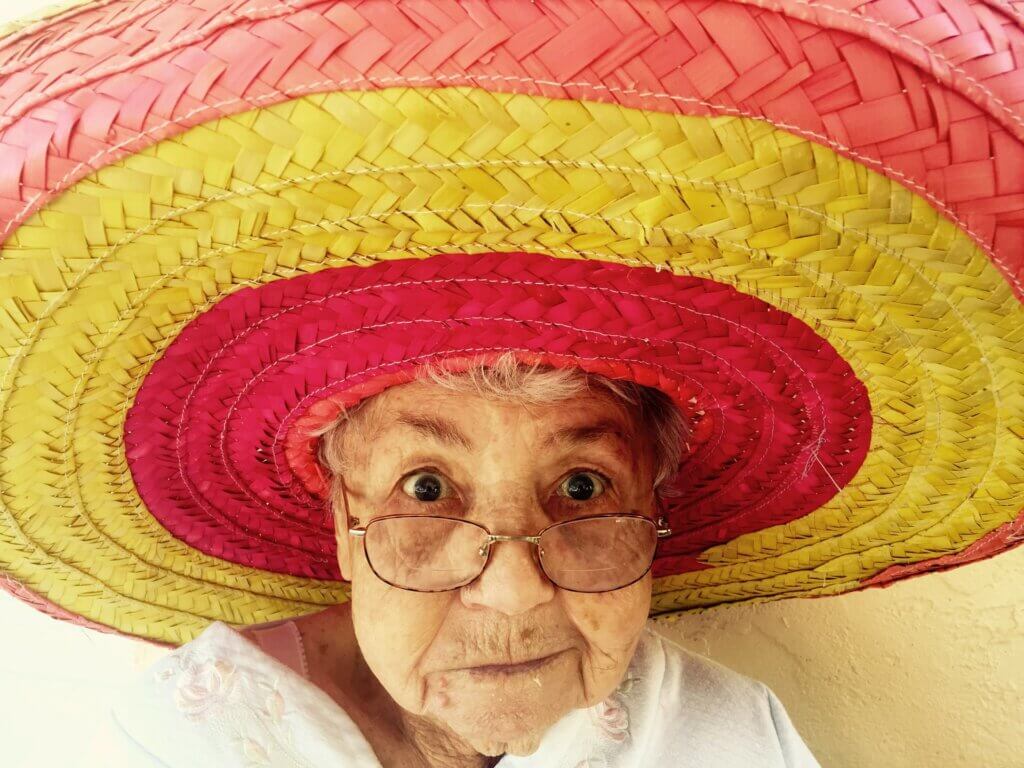
Conclusion
Cell phones will allow older adults to live more autonomously, comfortable in the knowledge that support is just a short call away. Not only that, but older adults, using photo sharing, social media, and video messaging to help stay in contact with their friends and loved ones, will find social links through their mobile phones. Via some of the practical applications accessible on smartphones today, such as parking reminders, smart thermostat applications, and medical enforcement apps, they can also accept a more comfortable, self-sufficient lifestyle.Although in the mobile phone market there are many options, choosing the right fit will help seniors preserve their lifestyle without giving up the freedom to live at home.

